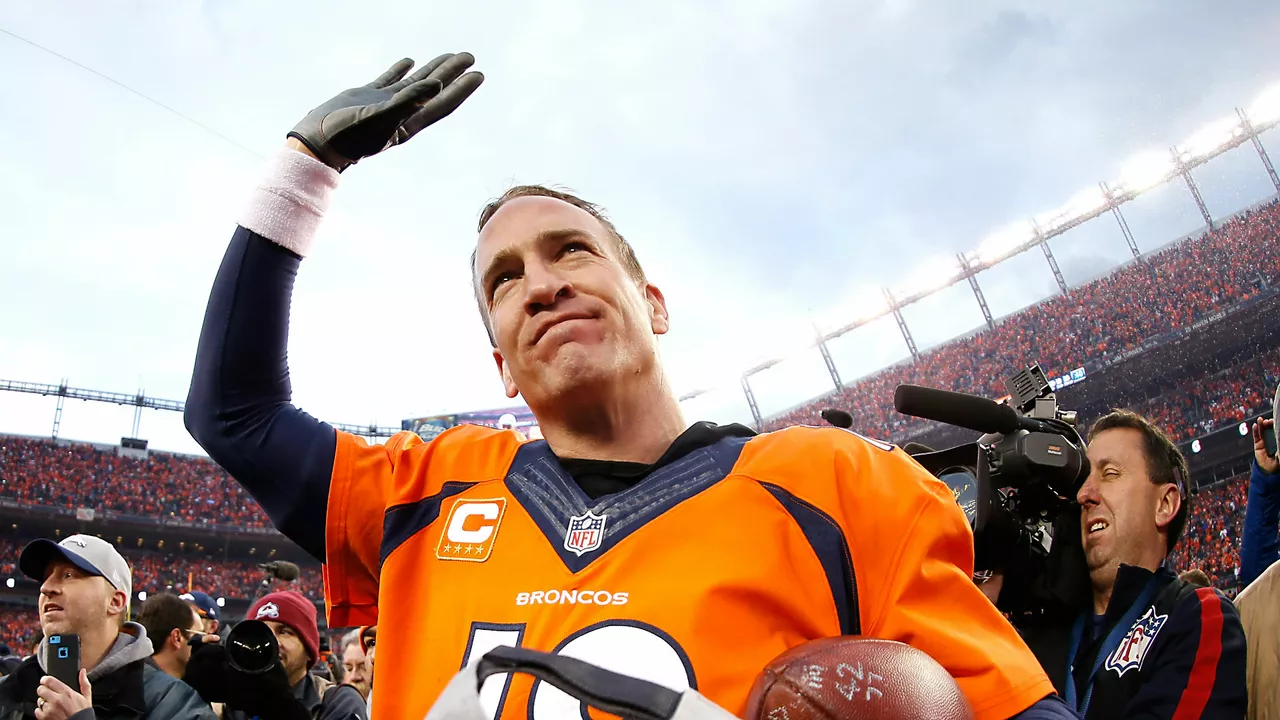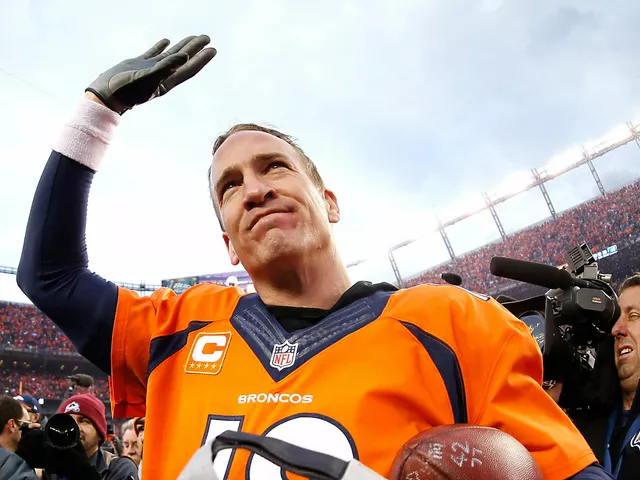Peyton Manning – NFL Quarterback Legend
When talking about Peyton Manning, a Hall of Fame quarterback known for his cerebral approach to football and record‑setting passing statistics. Also known as the Captain, he revolutionized the pre‑snap read and became a benchmark for NFL quarterbacks, players who lead the offense and make passing decisions. His career with the Indianapolis Colts, the franchise where he won his first Super Bowl and set numerous passing records and later the Denver Broncos, where he captured a second championship before retiring showcases how adaptability and leadership drive success.
Why Manning matters beyond the stats
Peyton Manning isn’t just a name on a jersey; he shaped how modern offenses operate. The precision passing he displayed embodies the semantic triple: Peyton Manning encompasses precision passing. That precision required a deep understanding of defensive schemes, which links to the next triple: NFL quarterback requires strong leadership. Leadership, in turn, fuels team chemistry, a crucial factor for any franchise chasing a Super Bowl. His five MVP awards illustrate the third triple: Super Bowl victories influence Hall of Fame status. By raising the bar for preparation, film study, and audibles, Manning created a play‑calling environment where coaches and players could trust his read, reinforcing the idea that quarterback intelligence drives offensive efficiency.
Beyond trophies, Manning’s impact spreads to coaching philosophies and future generations of signal‑callers. Young quarterbacks study his pre‑snap cadences, noting how he used short, layered calls to diagnose coverages. This habit birthed a wave of “coach‑like” QBs who communicate complex adjustments on the fly. The Super Bowl, the championship game that crowns the season’s best team victories he earned with two different clubs underline his adaptability—a rare trait that proves elite talent can thrive in varied systems. Whether you’re a fan reminiscing about the 2006 Colts or the 2015 Broncos, the common thread is his relentless pursuit of excellence and his knack for turning high‑pressure moments into decisive plays.
Fans often ask if any current player can match Manning’s blend of durability and intellect. The answer lies in the metrics he set: over 70,000 passing yards, 539 touchdowns, and a career passer rating above 96. Those numbers form a benchmark for today’s QBs, guiding scouting reports and contract negotiations. When a franchise evaluates a prospect, they measure not just arm strength but the ability to read defenses—a skill Manning turned into an art form. This connection between statistical milestones and scouting criteria creates a clear link: passing records shape talent evaluation. As the NFL evolves toward more pass‑heavy offenses, Manning’s legacy offers a template for success that teams still reference when building their rosters.
Looking ahead, the lessons from Manning’s career still resonate in community programs and youth leagues. Many grassroots initiatives use his story to teach kids about discipline, study habits, and the importance of teamwork. By highlighting his off‑field philanthropy—like his work with the Children’s Hospital of Indianapolis—organizations illustrate how elite athletes can leverage fame for positive change. This broader impact ties back to the central idea that a sports figure’s influence isn’t confined to the field; it ripples through society, inspiring the next generation of leaders.
Below you’ll find a curated collection of articles that dive into Manning’s most memorable games, his statistical milestones, his influence on modern quarterback play, and the charitable work he continues to champion. Whether you’re a longtime fan or just curious about what makes a Hall of Fame career, these pieces provide the depth and variety you need to appreciate the full scope of Peyton Manning’s legacy.



